Endometriosis
The incurable disease and the battle to get diagnosed

What is Endometriosis?
Endometriosis currently affects 1.5 million women in the UK and takes an average of 8 years to diagnose. It's a long-term condition where tissue similar to the womb lining grows outside the uterus. The cause is unknown and there's currently no known cure.
The symptoms of endometriosis have a detrimental effect on the quality of life of a woman. Many experience depression and 50% of women with the condition have contemplated suicide.
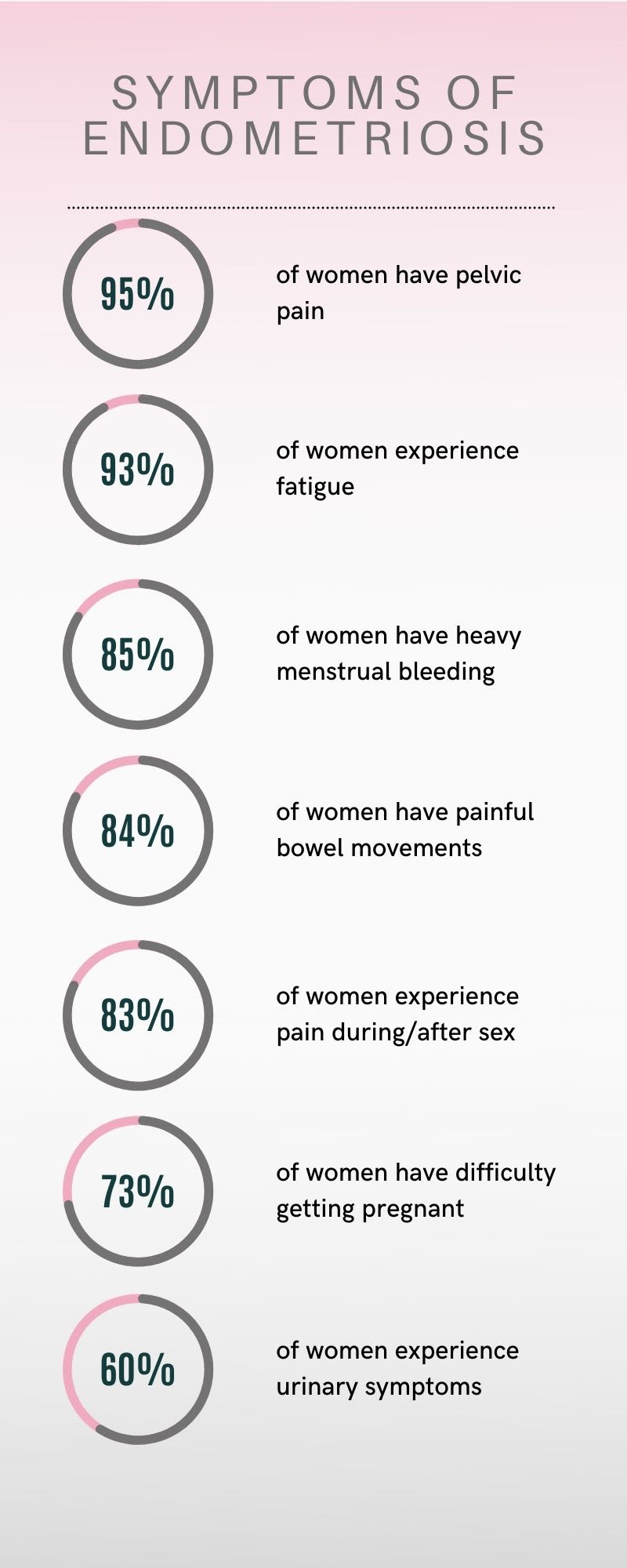
Seeking treatment...
There is a real lack of awareness amongst healthcare professionals when it comes to both the diagnosis and treatment of endometriosis. Doctors often don't believe the extent of a woman's pain concerning her cycle, and this prolongs the suffering of women, possibly rendering them infertile. In face, 21% of women visited hospital 10 times or more before receiving a diagnosis.
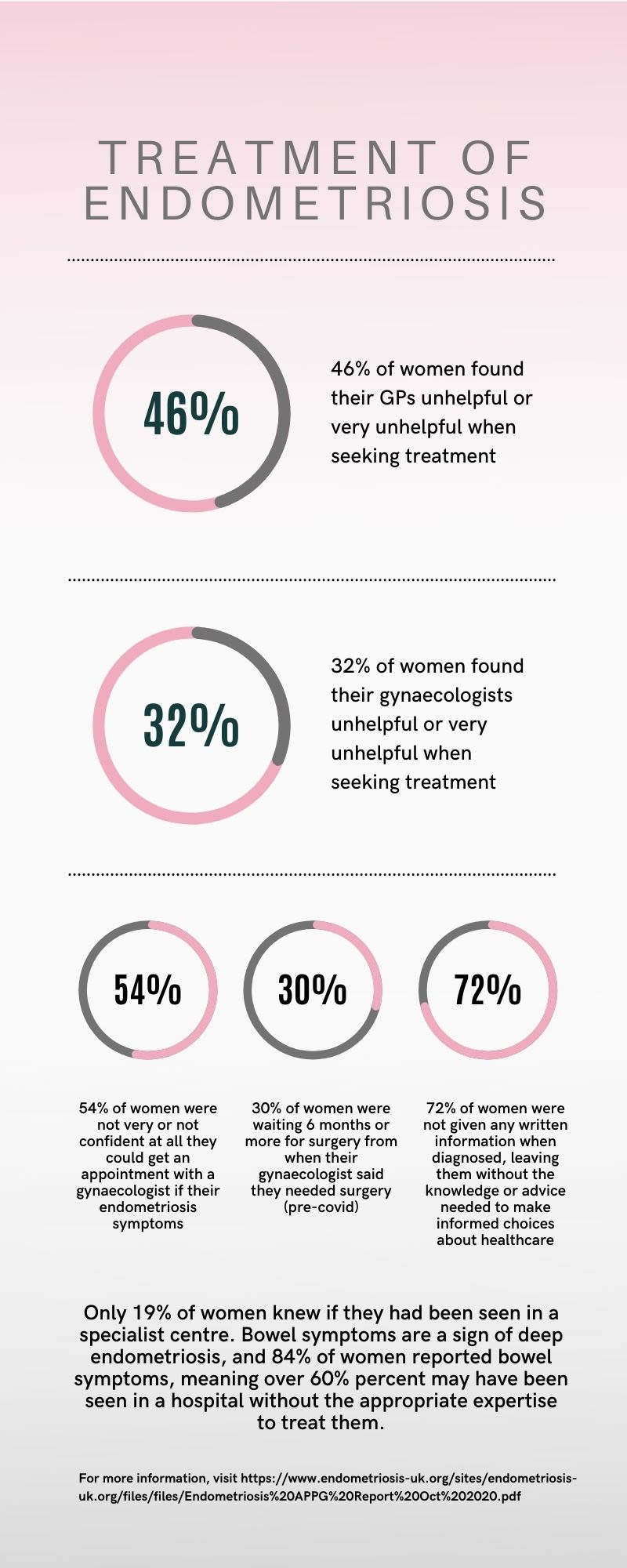
Why is treatment of the disease so poor?
Dr Arvind Vashisht said: "Unfortunately, there can be an ignorance of the degree of suffering that women with any type of menstrual complaint may experience. Whilst there may be a broad recognition for example of a degree of pelvic pain or premenstrual syndrome type symptoms, the amount of disruption some women will have, and the lack of ability to function due to the severity of their symptoms is often understated and under recognised."
"Part of this is compounded by the fact that naturally most people try and cope as best we can with their health situation particularly if it’s normalised. I hope with greater recognition of the condition, that there will be a greater ability to appreciate the symptoms, and make appropriate modifications and treatments to try and enhance quality of life during those difficult times for sufferers."
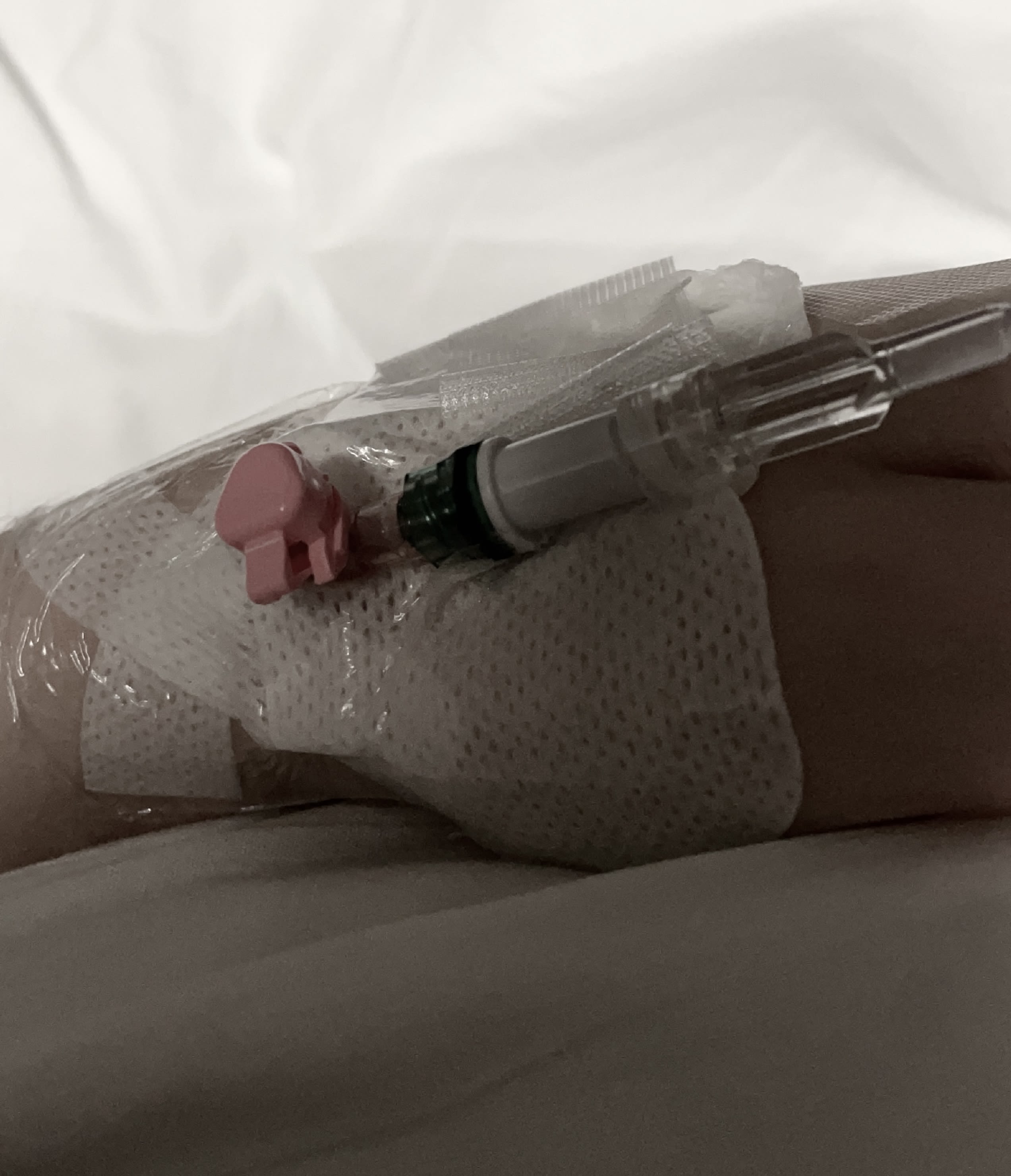
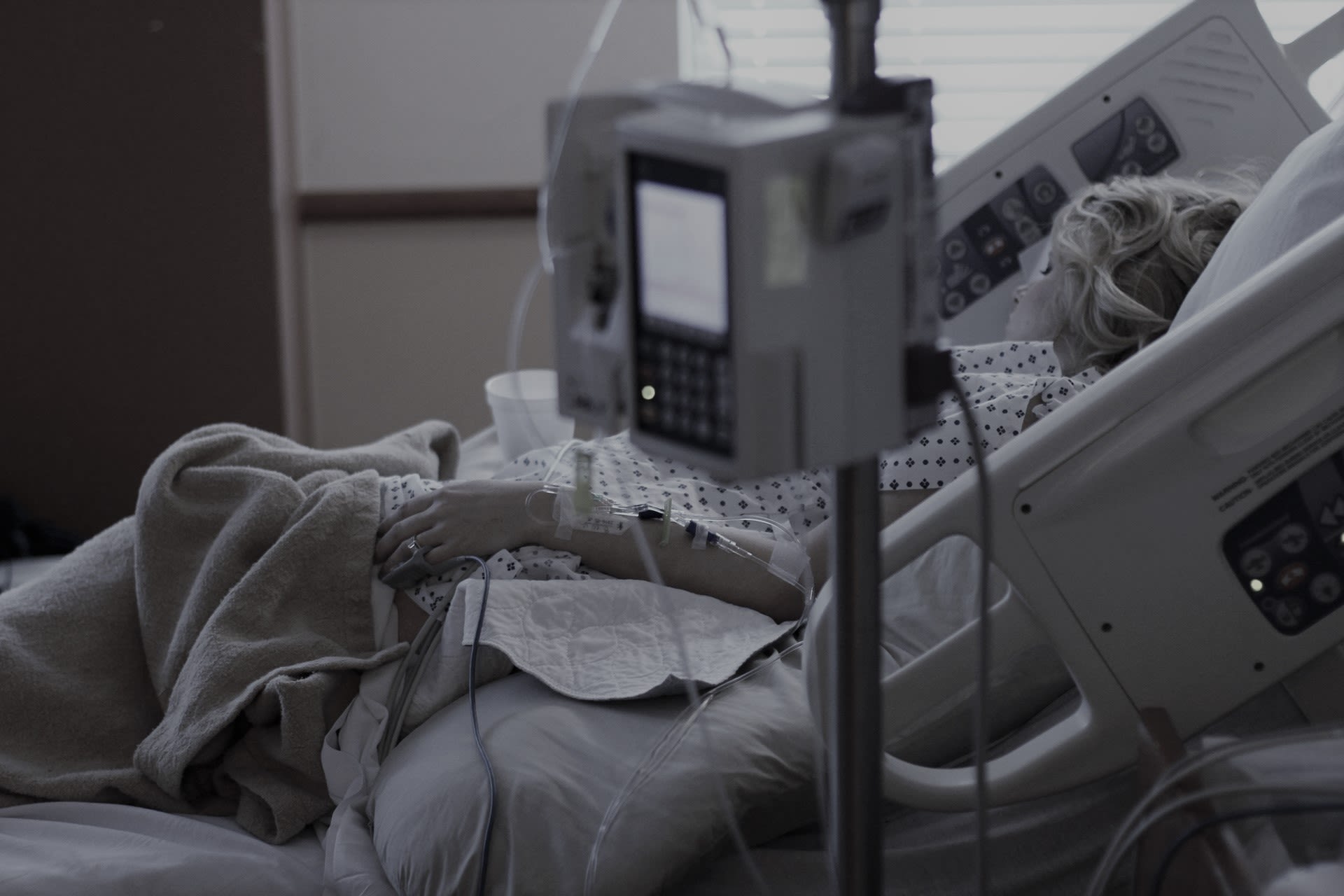
Did you know
Francis Bell secured a £500,000 settlement from Nottingham University Hospitals NHS Trust after they left her endometriosis undiagnosed for nearly 15 years. This left her infertile and needing extensive surgery.
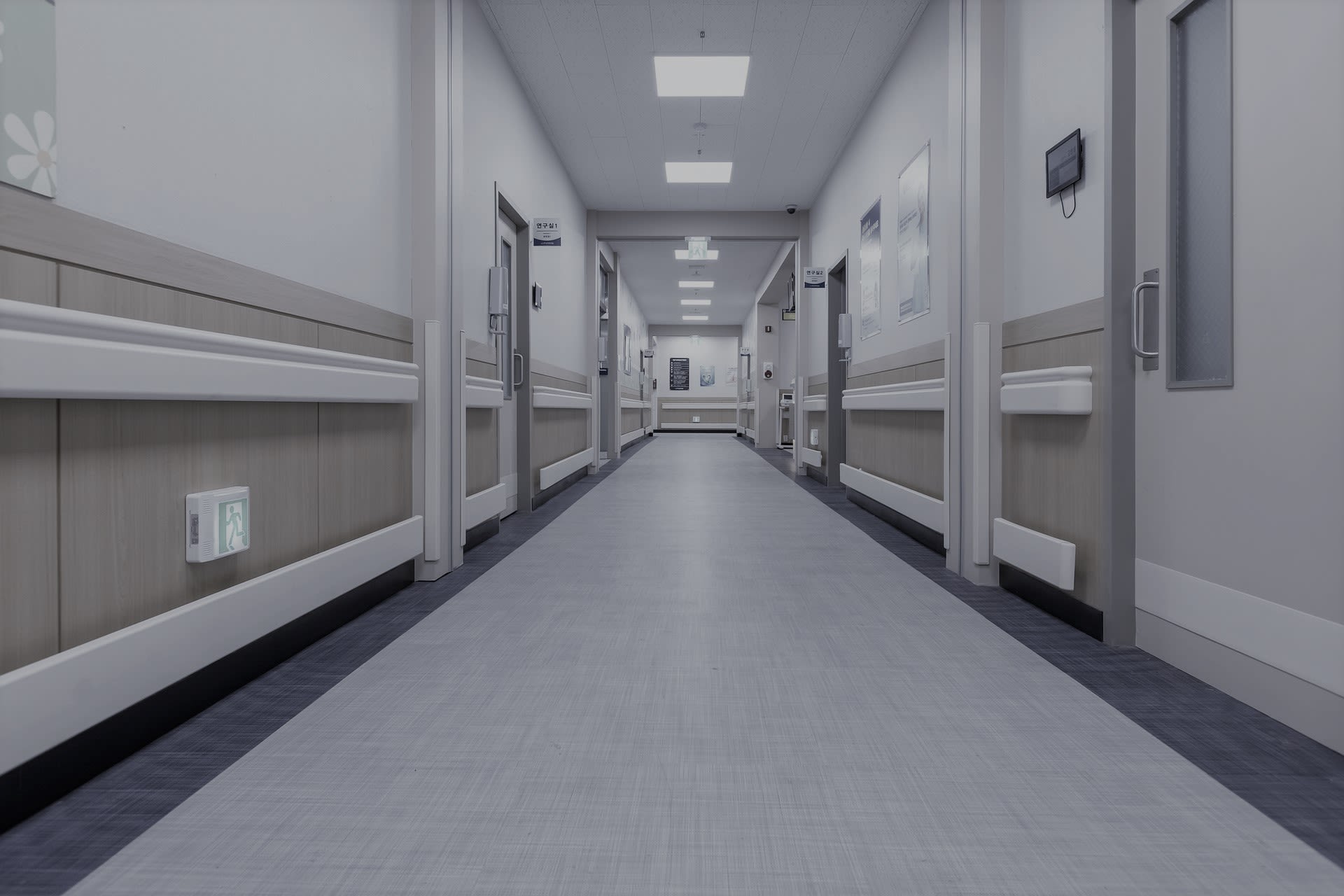
Charlie's story
Charlie has suffered endometriosis symptoms for 7 years, since she was 16. She says the condition leads to feelings of depression or isolation, and the pain badly affects her ability to work or do day to day activities.
Charlie said: "In the early stages it felt like I was taken a little more seriously. Up until I was 21 I had only seen female doctors about the issue - not through choice, just by coincidence. Then I was referred to the hospital. I had an absolutely awful experience there, to the point that I actually filed a complaint."
"I was seen by a female doctor who did a transvaginal ultrasound to see if there were any issues. They treated me like I was an inconvenience the entire time, and long story short this resulted in me having an anxiety attack."
"My GP then referred me on to a specialist who was a male doctor. This was the first real time I was made to feel like my experience and pain was invalid. As I was on the table, legs spread and he is doing the exam he says to me "you should lose weight, this would help". At no point was I actually weighed, neither in this appointment or at any others, and for my height and build I was not excessively overweight. So this shocked me."
"I was told by him that I should go on the coil and I asked "will this help the agonising pain?" to which he said "no, probably not". I was given no guidance other than "take some pain killers" for how to manage the pain that can often be debilitating. His advice was massively conflicting to what I had previously heard from other doctors. He made me feel like I was being overly-dramatic or that I didn't really understand what I was talking about despite having dealt with this issue for 5-6 years by this point."
"This makes me feel so so guilty and lazy but I can't physically move a lot of the time. I am fortunate in that I now work as a teacher at a school where if the pain really is too much I know they will be understanding of me not coming in. However, due to my anxiety this is not something I ever do as I am so worried I will be fired or appear as a lazy worker. I think this comes from previous jobs I had whilst completing my degree and A-Levels were this was not an acceptable excuse to not come in."
"One particular example that springs to mind would be when I was working in a popular high end fashion retailer I wasn't allowed to go home until a customer actually approached my manager to tell them "she really is not well, just take one look at her". I was pale, sweating, unable to stand straight and trying not to vomit. I had asked to go home and was told "Have a little sit down for 10 minutes and try again". That day when I went home I couldn't even get on the bus and had to pay for an uber to take me the 30 minute journey home as I was at the point where I couldn't stand."

Credit: Charlie O'Grady
Credit: Charlie O'Grady
My diagnosis
I have endometriosis. I was diagnosed after under-going a laparoscopy. One doctor thought I could be diagnosed through an MRI but another doctor told me I couldn't. I had five ultrasounds and four internal exams before getting referred for surgery, and the NHS waitlist was so long it paid for private treatment.
My surgery showed endometriosis with fibrosis on my bladder, the right and left sides of my pelvis as well as the pouch of douglas.

Julia's Story
Julia has struggled with endometriosis symptoms since she was 15 with her first period. She experienced excruciating pain and was bed-bound.
Julia said: "The pain I experience varies a lot, sometimes it's a dull ache all over the abdomen, sometimes it feels like someone is stabbing a hot knife into your stomach. During my bowel flares I can feel the contents of my bowels passing through, it feels like my bowels are ripping through my other organs."
"The chest pain feels as if your chest is collapsing, if I lay on my side during a bad pain day it feels like a boulder is resting on my ribs crushing me. At times the pain is like a burning, as if someone poured acids over your insides. When the pain travels down my legs I feel like my legs are restless, I feel like my legs are getting crushed but like they are expanding from the bone at the same time. I experience these pains daily at varying levels of intensity."
"The process is extremely mentally and physically draining, you feel extremely isolated as no one knows what's wrong. It feels like no one understands and no doctor will ever listen or find the cause of your pain. You are faced with the realisation that you will probably never experience a pain free day in your life."
"Many people lose their jobs due to endometriosis which impacts their mental health, I personally lost 2 years of education to endometriosis. As diagnosis takes so long you reach a point where you feel hopeless, you'll never have your pain validated, you are constantly told that your mental health is causing your pain. You begin doubting everything- is my pain real? will I ever get better? Am I making this up?"
"I personally have severe depression and anxiety and I have had many moments where I just wanted the pain to stop, I'd rather be dead than living in constant pain. You are forced to watch your quality of life decline and you aren't getting much support at all."
"If you are lucky you can access a mental health service but even then you can't fix your physical health with CBT (Cognitive Behavioural Therapy) or counselling, you are just stuck in a situation you can't control. I was only 16 when my chronic pain started. I was barely starting my life but it already felt like it was ending."
To hear more about Julia's experience, check out the video below:

Credit: Julia Gdula
Credit: Julia Gdula
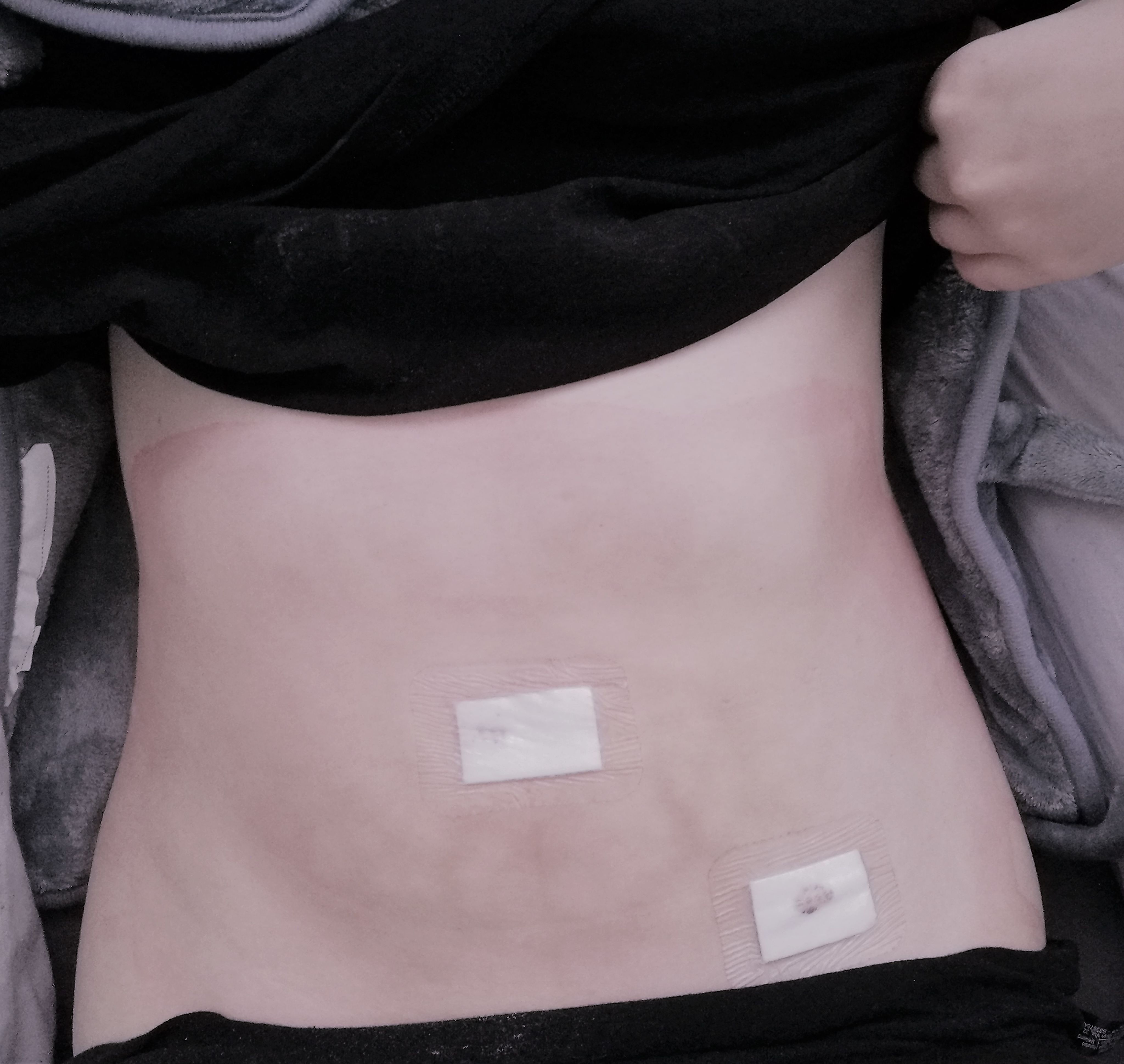
Incisions from Julia's laparoscopy, credit: Julia Gdula
Incisions from Julia's laparoscopy, credit: Julia Gdula
What does a gynaecologist think?
Dr Arvind Vashisht: "Sadly there has been a lack of awareness in the community, and even amongst healthcare professionals, that has contributed to the time lag for recognition of symptoms and establishing a confirmed diagnosis of endometriosis . That being said, there have been successful campaigns by patient support groups such as Endometriosis UK which have raised the profile of the condition, and there has been growing recent mainstream media interest as well as all party Parliamentary group recommendations which is movement in the right direction."
"Unfortunately as well, there is discrepant access to care for many women nationally which also contributes to the problem, and this has been severely exacerbated by the current national pandemic."

